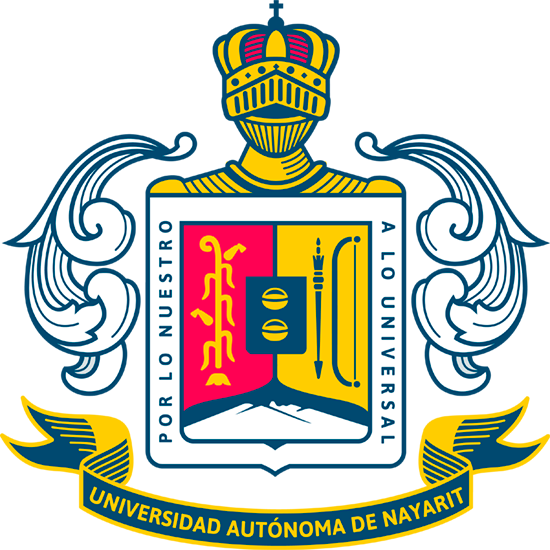Abstract
The antimicrobial activity of Mexican oregano
(Lippia berlandieri) essential oils (OEOs) was evaluated
against bacteria inhabiting shrimp ponds. One OEO had
higher thymol content and another had higher carvacrol
content, both compounds have antimicrobial properties.
Bacterial isolates (n = 19) were collected in shrimp
farms, from shrimp hepatopancreas, pond water and/
or sediments. The genus Pseudomonas was the most
frequent as it was found in four out of 13 sampled farms
and was mainly isolated from hepatopancreas. All the
isolates were used to evaluate the antimicrobial effect
of five antibiotics and the two OEOs by inhibition zone
tests. The antimicrobial activity of the two OEOs was
statistically significant against seven bacterial species,
compared to the other antibiotics (p < 0.007143). The bacterial species sensitive to the thymol-rich OEO were
Serratia marcescens, Proteus vulgaris and Salmonella
spp., whereas Enterobacter cloacae, Serratia marcescens
and Salmonella typhi were susceptible to the carvacrolrich OEO. The thymol-rich OEO had significantly higher
antibacterial effect than oxytetracycline, magnamycin,
aviflox and enrofloxacin, whereas the carvacrol-rich
OEO outperformed oxytetracycline and magnamycin.
In conclusion, the two OEOs evaluated had higher
antibacterial properties than most antibiotics used in
this study.

Revista Bio Ciencias by Universidad Autónoma de Nayarit under Creative Commons Attribution-NonCommercial 3.0 Unported License.
Based on work of http://biociencias.uan.edu.mx/.
Further permits not covered by this licence can be found at http://editorial.uan.edu.mx/index.php/BIOCIENCIAS.






